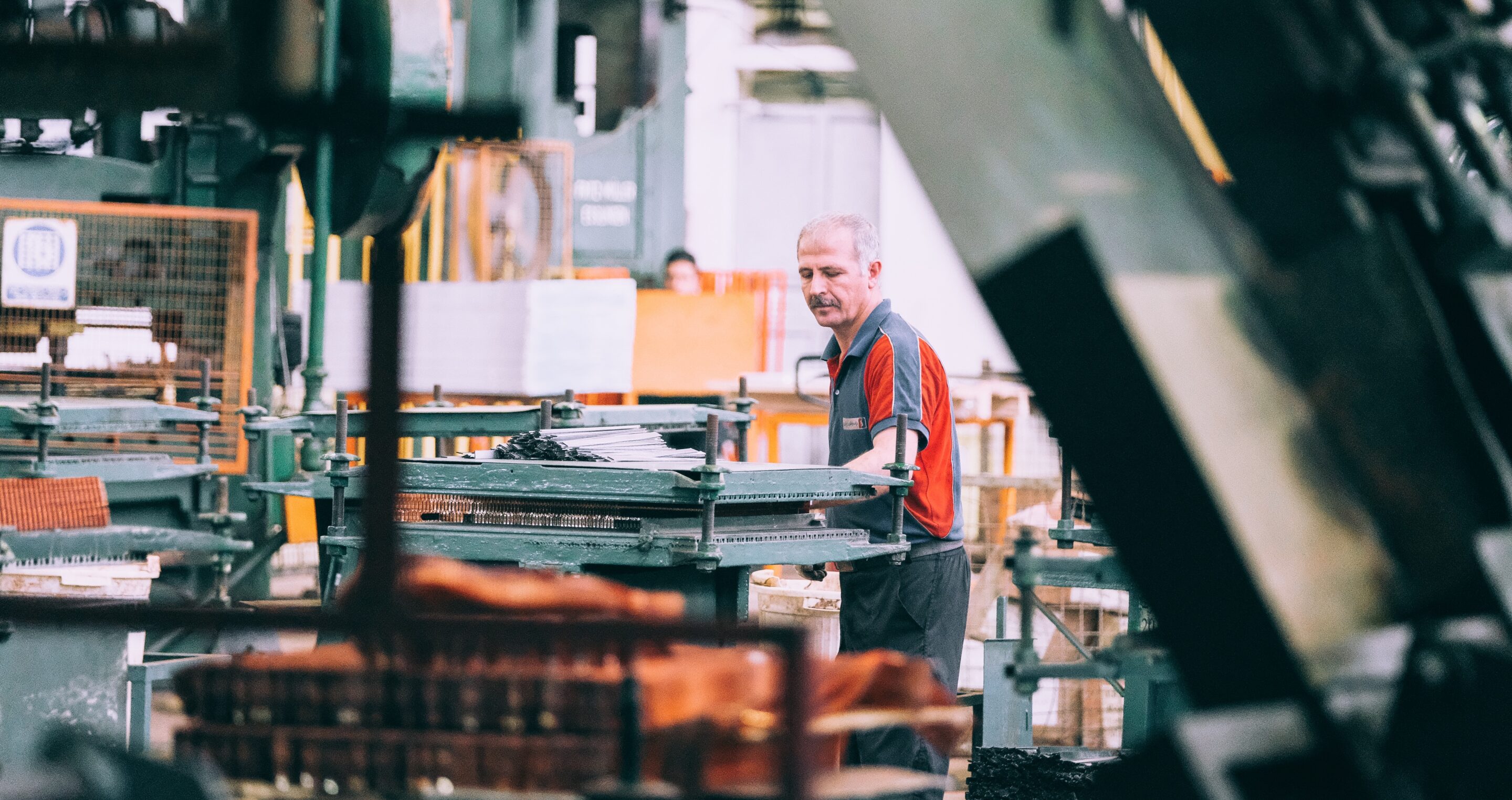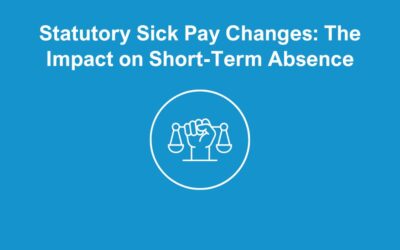The UK manufacturing industry has long been the backbone of the country’s economy, with a rich history that spans centuries. However, like any other sector, it faces the challenge of an ageing workforce. As experienced workers retire, manufacturers are increasingly turning their attention to attracting and retaining younger employees to ensure a sustainable future.
In this blog post, we will explore the workforce in manufacturing and discuss strategies to engage and retain the next generation of talent.
Benefits of older workforce in the manufacturing industry
Employees who have worked in the manufacturing industry for many years offers a multitude of benefits that significantly contribute to the sector’s success. First and foremost, their extensive experience and deep industry knowledge provide a foundation of expertise that is irreplaceable. These veterans bring a wealth of practical insights, problem-solving skills, and an innate understanding of the intricacies of manufacturing processes, enabling companies to maintain consistently high standards of quality and efficiency.
Additionally, older workers often exhibit a strong work ethic, reliability, and a dedication to their roles that sets a positive example for younger colleagues. An ageing workforce has commitment to their craft fosters a culture of responsibility and diligence within the workplace.
The Challenge
The manufacturing industry in the UK is home to a considerable number of employees who are approaching retirement age. While their experience and expertise are invaluable, their departure creates a significant knowledge gap that needs to be filled. This demographic shift has raised concerns about the long-term viability of the industry.
Attracting Younger Employees
Embrace Technological Advancements
Younger generations are tech-savvy and are drawn to industries that utilise cutting-edge technology. Manufacturers should invest in automation, robotics, and digital transformation to make their workplaces more appealing to younger workers. Showcasing a commitment to innovation can help attract top talent.
Promote Sustainable Practices
Sustainability is a top concern for younger generations. Manufacturers can align themselves with this value by adopting environmentally friendly practices and promoting their efforts to reduce their carbon footprint. This can not only attract environmentally conscious employees but also enhance the company’s reputation.
Create Modern Work Environments
Although an ageing workforce brings experience and important traditions to the manufacturing industry, younger employees seek workplaces that foster creativity, collaboration, and flexibility. Redesigning manufacturing facilities to be more open, adaptable, and employee-friendly can make them more attractive to a younger workforce. Consider flexible work hours, remote work options, and comfortable break areas.
Offer Competitive Compensation
Manufacturers must offer competitive salaries and benefits packages to attract and retain younger talent. Conduct regular salary reviews and ensure that compensation aligns with industry standards to remain competitive in the job market.
Invest in Training and Development
Younger workers are often eager to learn and grow in their careers. Providing opportunities for training, upskilling, and career advancement can make your manufacturing company a more appealing choice. Highlight these opportunities in your recruitment efforts.
Retaining Younger Employees
Mentorship and Knowledge Transfer
Leverage the experience of an ageing workforce to mentor and train younger workers. Establish formal mentorship programs to facilitate the transfer of critical skills and knowledge from seasoned workers to newcomers.
Foster Inclusivity and Diversity
Create an inclusive work culture where younger employees feel valued and heard. Embrace diversity and ensure that the workplace is free from discrimination. A diverse and inclusive workforce can improve employee satisfaction and retention.
Recognise and Reward Performance
Implement a robust performance management system that recognises and rewards the achievements and contributions of younger employees. Regular feedback and acknowledgment of their efforts can boost morale and loyalty.
Encourage Work-Life Balance
Promote a healthy work-life balance to prevent burnout and increase job satisfaction among younger employees. Offering flexible schedules, remote work options, and adequate vacation time can contribute to a positive work environment.
Support Further Education
Encourage younger employees to pursue further education and skills development. Provide financial assistance or time off for coursework related to their field. This investment not only benefits the individual but also enhances the company’s capabilities.
In Conclusion
The UK manufacturing industry must proactively address the challenges posed by its ageing workforce by attracting and retaining younger talent. Embracing technology, sustainability, and modern work environments, along with competitive compensation and development opportunities, can make manufacturing more appealing to the younger generation.
Additionally, nurturing a workplace culture that values diversity, inclusivity, and work-life balance is key to ensuring the longevity and success of the industry. By taking these steps, manufacturers can bridge the generation gap and secure a prosperous future for the UK manufacturing sector.
Contact Us
If you would like any further advice on attracting new talent to your business, contact us. We have also written a blog on managing long term sickness in the manufacturing industry. You can read this on our website now.







